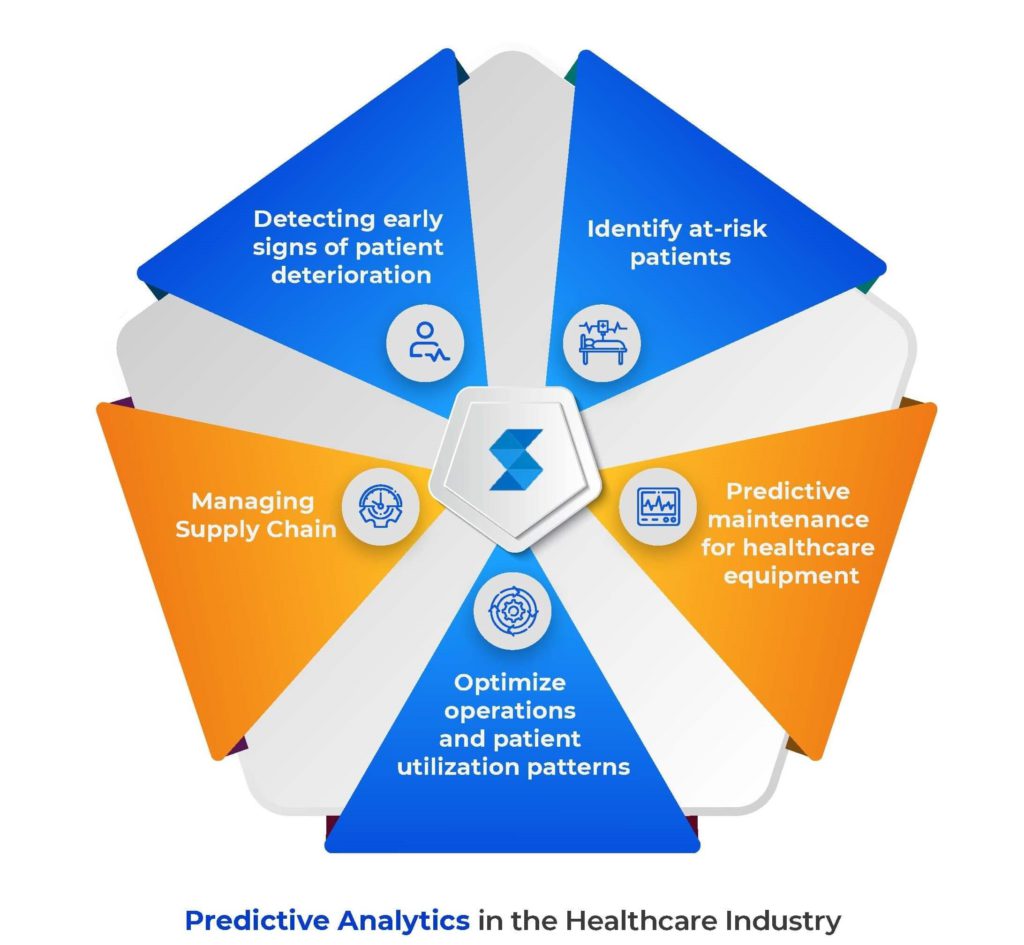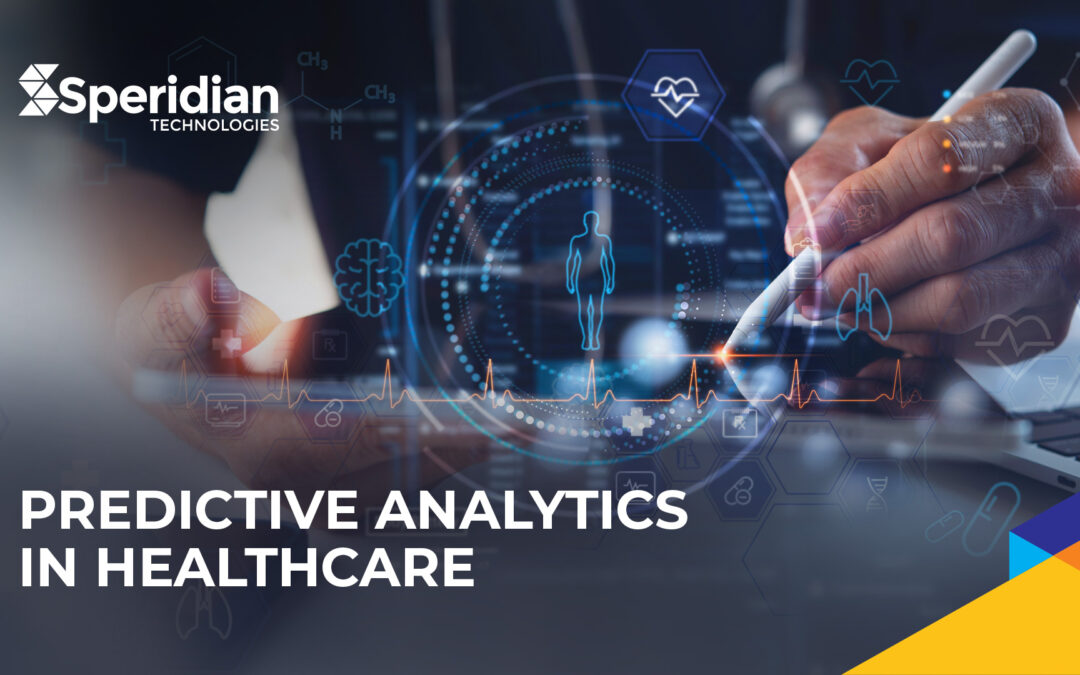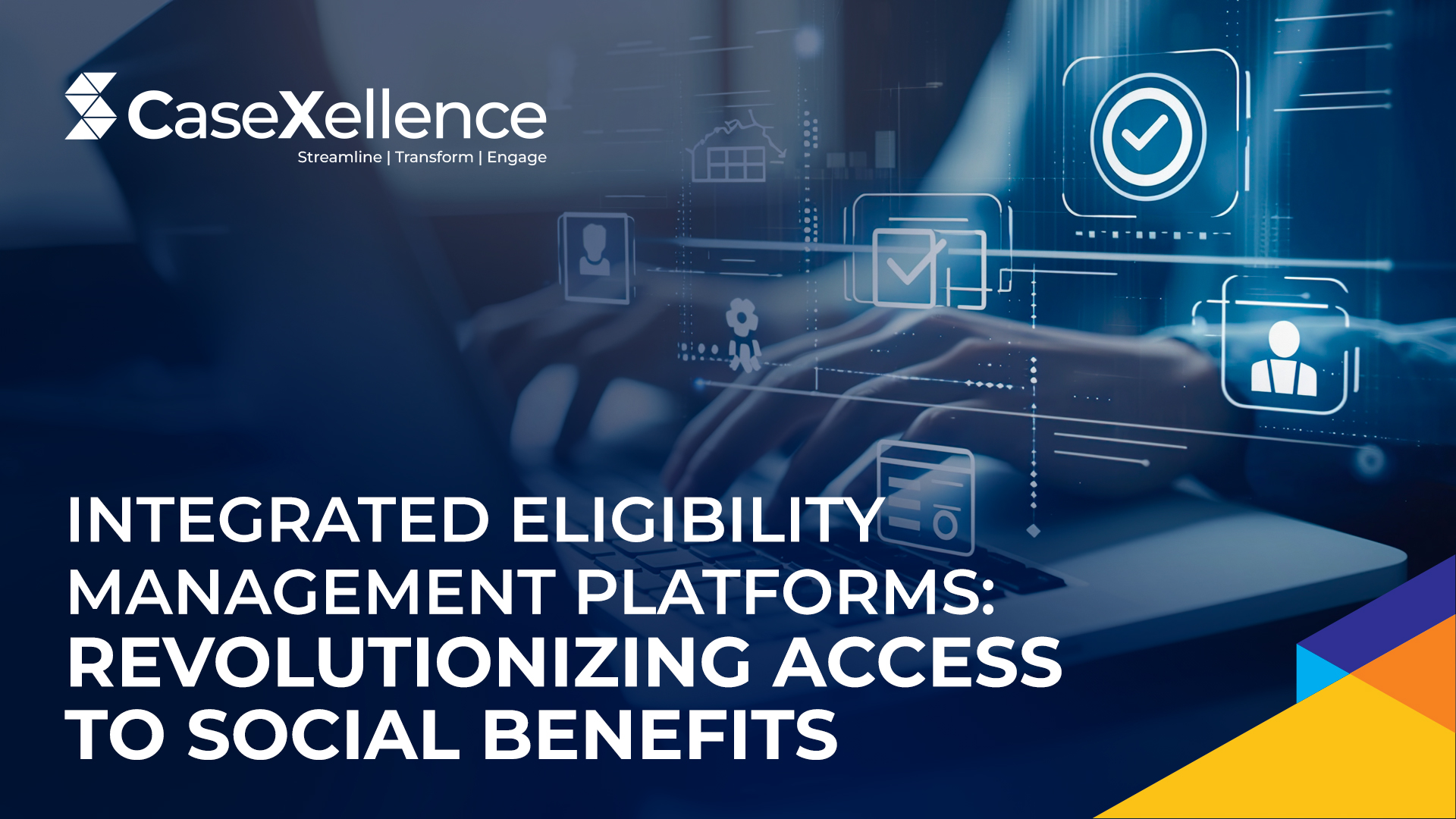The healthcare industry today is swimming in an ocean of data- data that can be put to use for providing better healthcare for patients. From EHRs/EMRs, medical images, insurance claims, medical devices, administrative data, and much more, healthcare providers have access to a wealth of data at their fingertips. Harnessing the power of historical and real-time data can bring efficacy and value into the system. This has made many healthcare organizations turn towards predictive analytics. With the current pandemic and increasing pressure to achieve better care coordination, healthcare organizations are keener to develop more sophisticated data analytics capabilities. They are moving from basic descriptive analytics to more advanced predictive analysis.
Table of Contents
How does Predictive Analytics in the Healthcare Industry help?

Detecting early signs of patient deterioration
Predictive analytics can be an invaluable process in the ICU where a patient’s life might depend on a quick reaction time and timely intervention when their condition is about to get worse. As the vital signs of patients are continuously monitored and analyzed predictive analytics powered by Artificial Intelligence and Machine Learning algorithms can help identify patients with the highest probability of requiring immediate medical attention. Thus, it triggers an appropriate and early response from Rapid Response teams at the point of care.
Read Speridian Insights on Microsoft Cloud for healthcare
Identify at-risk patients
One of the crucial advantages of predictive maintenance in healthcare is that it enables healthcare providers to stay one step ahead. The healthcare industry has always been about anticipating and reducing risk based on the current and previous patient history. Predictive analytics helps healthcare professionals identify specific risk factors for various populations. For example, with the help of predictive analytics, doctors can identify the diabetic patient with the highest probability of hospitalization based on past patterns of care, medication, and lifestyle. With this, doctors can proactively provide care for patients by sending an email or call to remind them to come in. This reduces emergency room visits and hospital readmission rates.
Predictive maintenance for healthcare equipment
The benefits of predictive analytics in healthcare go beyond clinical uses. The healthcare industry involves the usage of several medical and clinical equipment and devices such as MRI scanners that degrade over time through regular use. Unplanned equipment maintenance leads to unplanned downtime that might even pose a serious threat to a patient’s life. Predictive analytics in healthcare helps you predict when a component needs replacing or maintenance. This way you can schedule maintenance at a time when the equipment is not in use. This minimizes downtime and other unscheduled workflow disruptions.
Optimize operations and patient utilization patterns
One of the most pressing issues in the healthcare industry is poor scheduling and workflow management. With the help of predictive analytics in healthcare, you can predict peak highs and lows as well as weak points of the workflow. This helps you build an effective schedule that will avoid extreme workload and avoid needless downtime. It also enables you to predict patient traffic to the hospital by analyzing common patterns, seasonality, and other important factors. This helps you prevent patient leakage due to scheduling.
Managing Supply Chain
The supply chain represents one of the most significant opportunities for healthcare organizations to trim unnecessary spending and improve efficiency. Predictive tools are in high demand among hospital executives looking to reduce variation and gain more actionable insights into ordering patterns and supply utilization. Using analytics tools to monitor the supply chain and make proactive, data-driven decisions about spending could save hospitals a million dollars. Predictive analytics can support decisions to negotiate pricing, reduce the variation in supplies, and optimizing the ordering process.
Thus, predictive analytics in healthcare aims to leverage data to alert caregivers and healthcare professionals of the likelihood of events and results before they occur, helping them to prevent and cure health issues as well as improving productivity and efficiency. However, the sheer size and number of data can be overwhelming for many healthcare organizations, and this is where Speridian can help.
With over 20 years of rich experience working with some of the top names in Healthcare, Speridian has listened, learned, and created some of the most innovative healthcare solutions and delivery models that help our clients solve their problems and achieve their goals. Our Healthcare capabilities span the entire spectrum ranging from the latest Next-Gen Technology services to Process Automation & Optimization services to advanced Healthcare Consulting services. By leveraging our deep relationships with leading technology vendors, like Oracle, Microsoft, Salesforce.com, UiPath, AWS, et. al., we continue to build collaborative solutions that make it easier for our customers to do business with their clients.
PC: Image by PublicDomainPictures from Pixabay




